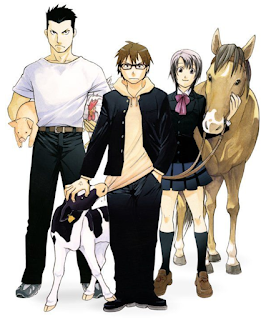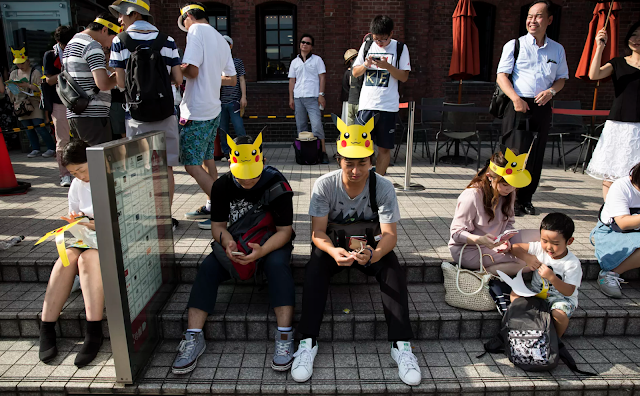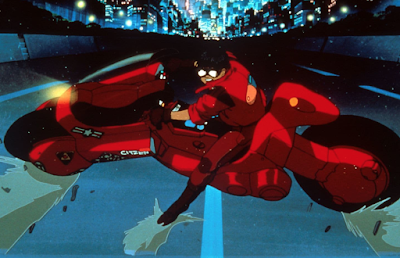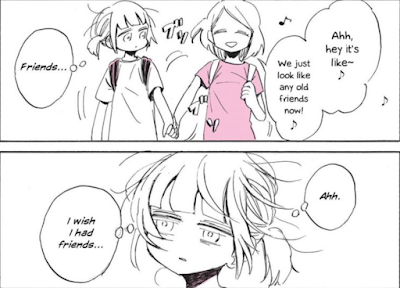week fourteen: satoshi kon

I love Satoshi Kon. His films are wildly inventive, with stunning camerawork. I first watched Paprika in high school, maybe when I was fourteen or fifteen, and I FLIPPED OUT. It was one of the coolest anime I'd ever seen at the time, right up there with Summer Wars. It was so different and weird and fantastical. There's a beautiful level of artistry Kon has with his films, and Tony Zhou from Every Frame a Painting really sums it up the best. He uses space and time in ways that are insanely creative. From cutting frames down to give just a glimpse of action that will register in the audience's consciousness, to using editing to reveal answers to a question in a non-linear way. Match cuts, jump cuts, seamless background transitions, breaking the 180 rule. All aspects of why Kon is rightfully considered a master filmmaker who pushes the medium to exciting new places. I agree that American films have... been "inspired" or perhaps "stolen" Kon'...



